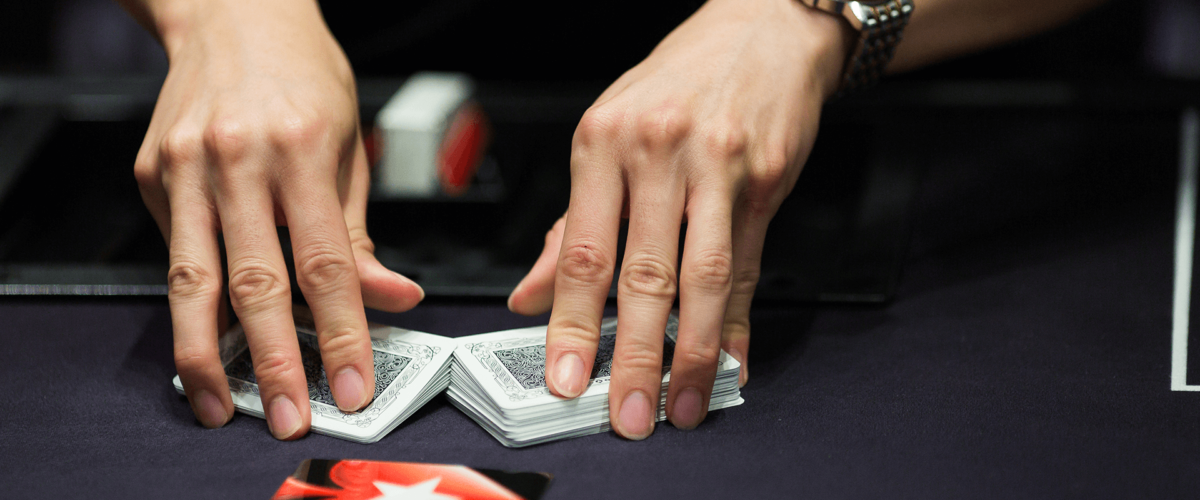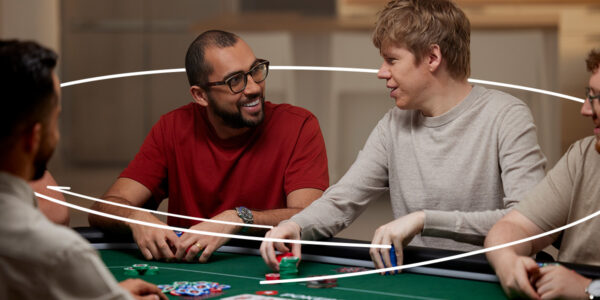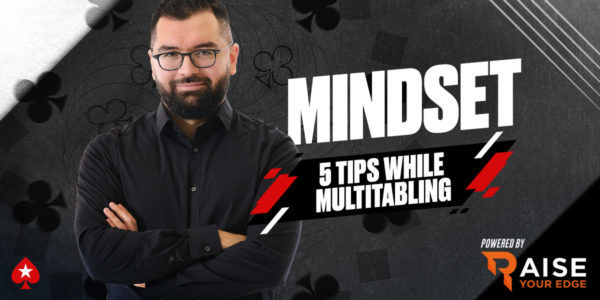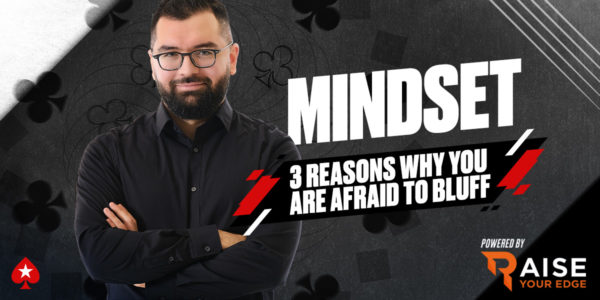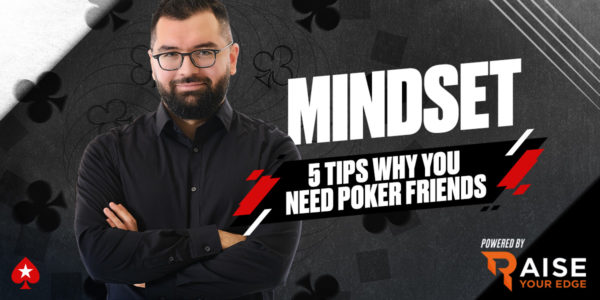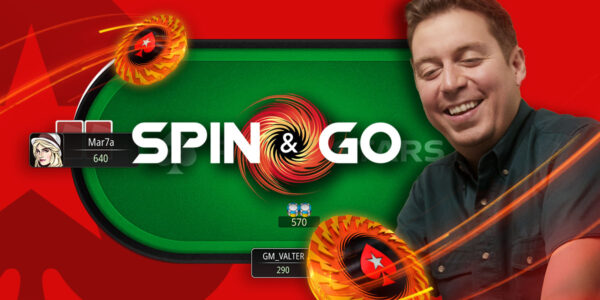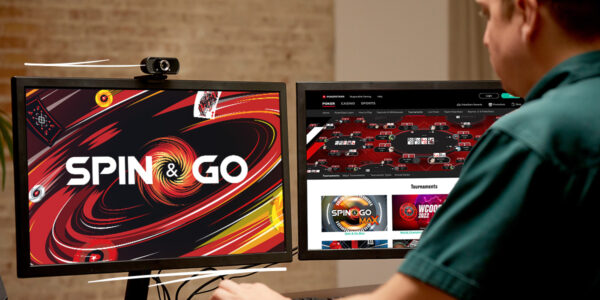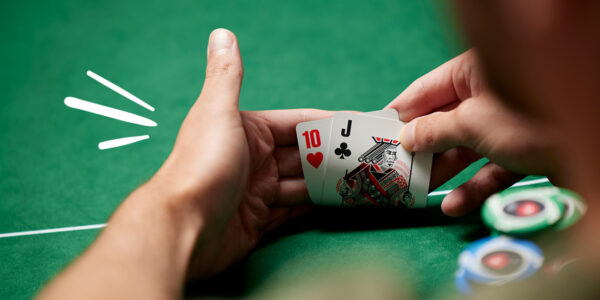When to Trust Your Instincts in Poker
Instincts are useful things in everyday life. They accelerate thought processes by making judgments behind the scenes. The subconscious mind is much faster than the deliberative conscious mind at solving simple or well-known problems. The downside is that instinctive problem-solving is less thorough and can produce verdicts without scanning for potential inconsistencies. In poker, where there is much more statistical information to compute, instincts can be wildly off. Here are some pointers about when to trust your poker instincts and when it might be more dangerous.
Well-Studied Spots
If you have put significant conscious effort into learning about a certain situation in poker, then your subconscious mind will already have developed a feel for the spot. Therefore, instincts are likely to be much more accurate in these situations. For example, let’s say that the student has worked on when to raise c-bets in recent weeks. He defends his big blind with 9♠ 7♠ and faces a one third pot-sized bet on J♠ 8♦ 8♥ . The student finds himself dragging the bet slider up to four times the c-bet size without even realising. The subconscious mind has detected the key patterns of having some equity, no showdown value, and being up against a likely wide c-bet range and knows that these triggers mean raising will be a solid idea. With there being action on other tables, the student might not need to consciously delve into the reasons for the raise being okay. He can simply trust the instinct to attack. The spot is well rehearsed and comes with a certain sense of calm familiarity.
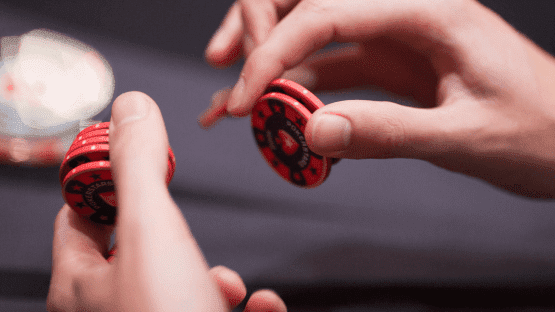

Emotional Spots
When emotion accompanies instinct in poker, this is a big red flag. The problem is that such an instinct is usually based more on desire than on familiarity and this desire is usually the product of a mental-game leak – it has no place in a poker hand. Let’s extend the previous hand example.
Having raised the flop confidently, the student looks back to the table in horror to find that Villain has 3-Bet. This time the instinct screams: ‘he is trying to push me around!’ and is full of the adrenaline caused by the unexpected action. This is not an instinct based on familiarity as the spot is a rare one – most flops don’t get raised and most flop raises don’t get 3-Bet. Instead, the impulse that Villain is full of it comes from a fight instinct which perceives the flop 3-Bet as an unacceptable attack; almost a personal one. It is not that the student must necessarily fold here, but that he needs to reset and analyse the spot in a more deliberative fashion, instead of following his initial impression. Emotion is a huge warning sign for the reliability of instinct in poker.
Playing Your A-Game
There is a certain state of flow that every player gets into every now and then where he leaves the session thinking: ‘Wow that was some of the best poker I’ve ever played.’ This feeling of the cogs moving fluidly and the thoughts flowing in a clear and accurate stream is often referred to as A-Game. When in this state of mind, emotional interference is kept to a minimum and the subconscious and conscious minds are working in harmony. Therefore, instincts during A-Game sessions are likely to be based on the right logical patterns being identified and not on anything emotional such as fear or anger. Trust your instincts more when you are having one of your better days at the poker office and question everything more closely when you are making rash mistakes.
Mind Reading
As a beginner in poker, many of your intuitions will be based on real life patterns, not statistical thinking. For example, newer players often talk about what their opponent might be thinking or what they can manipulate him into doing, with little regard for equity, EV, fold equity, implied odds, pot odds, range analysis etc. etc. Instincts that are telling you what someone across the internet is thinking and feeling are usually invented to fill a hole left by a lack of poker foundation. There are many players who have been playing the game for a long time who have never learned how to think critically in a poker hand, and instead make all kinds of assumptions on a human to human level as to what their opponent is trying to do. Therefore, instincts that are laden with ideas like ‘he thinks’ ‘he is trying to’ ‘I will make him think that’ are generally to be ignored.
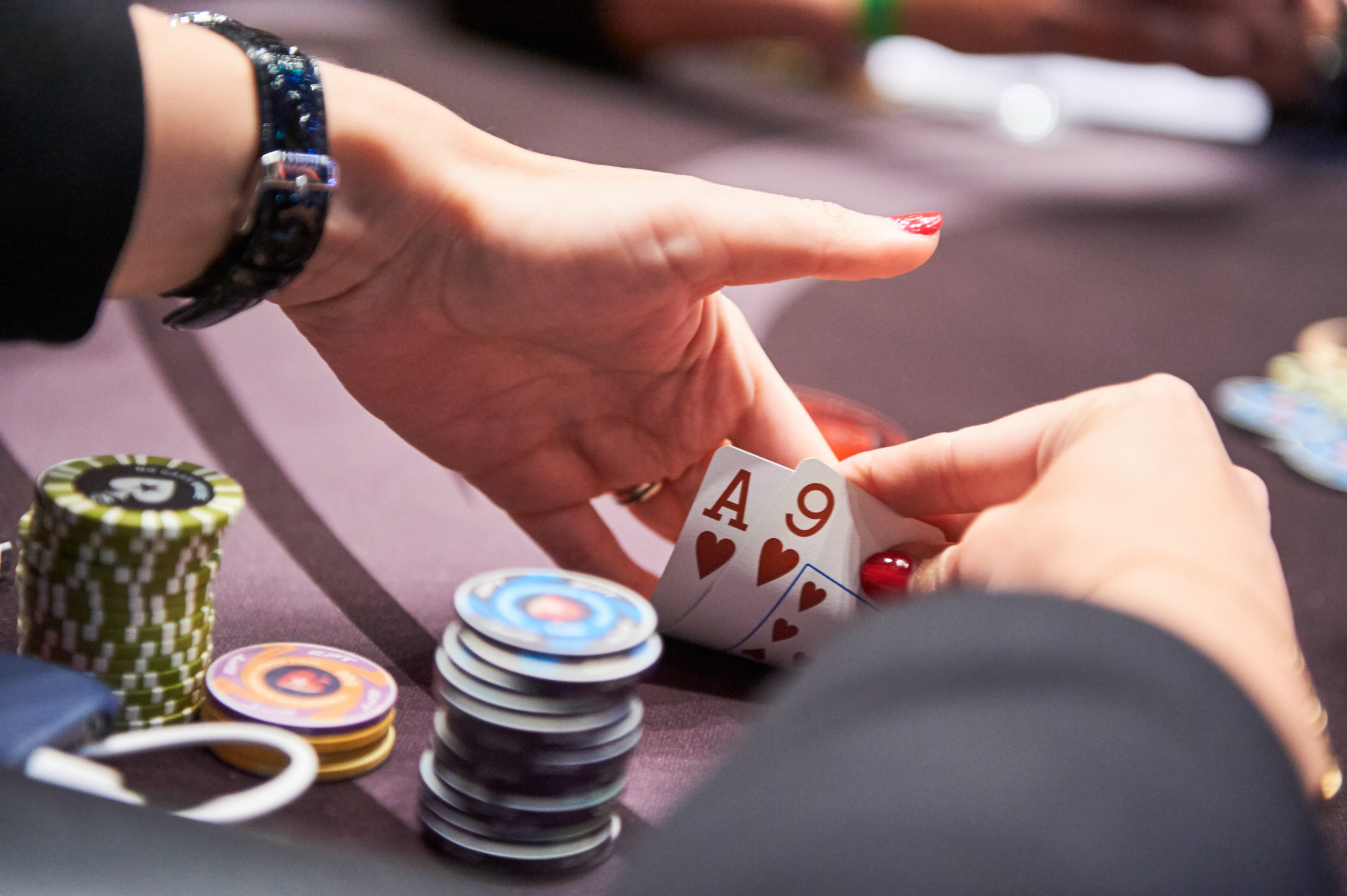

Experience
Finally, as you get better at poker and spend a long period of time building your critical thinking skills. Your instincts will become more reliable. I never turn down a brand-new poker player as a student because I know that I am dealing with blank slate on to which I can teach the proper foundations for a successful poker career. Initially, however, while the learning process is still getting off the ground, the student will have all kinds of terribly inaccurate instincts abut what he should do. Most often, these impulsive thoughts clash with the framework we are learning and so I will remind these students to constantly reject their initial ideas in pursuit of a solution that is consistent with the thought processes we have done in coaching. As the student progresses, he learns to trust intuition more and more, but until extensive studying has taken place, it should usually be rejected. One day, his instincts will be accurate, and poker will be a breeze in many situations, but until then, its back to the drawing board of conscious deliberation.
Summary
- Instinct exists to provide quick answers in familiar or simple situations.
- Instinct will be accurate when a good deal of conscious work has already be done in a situation.
- Instinct will be unreliable when accompanied by emotion.
- Instinct will be more reliable when in a flow state (playing A-Game.)
- Be very wary of instincts about what opponents are thinking or trying to achieve. You are not psychic and are likely projecting one possible thought process onto Villain.
- Trust instinct more and more as you gain experience. At first, question everything it tells you.


